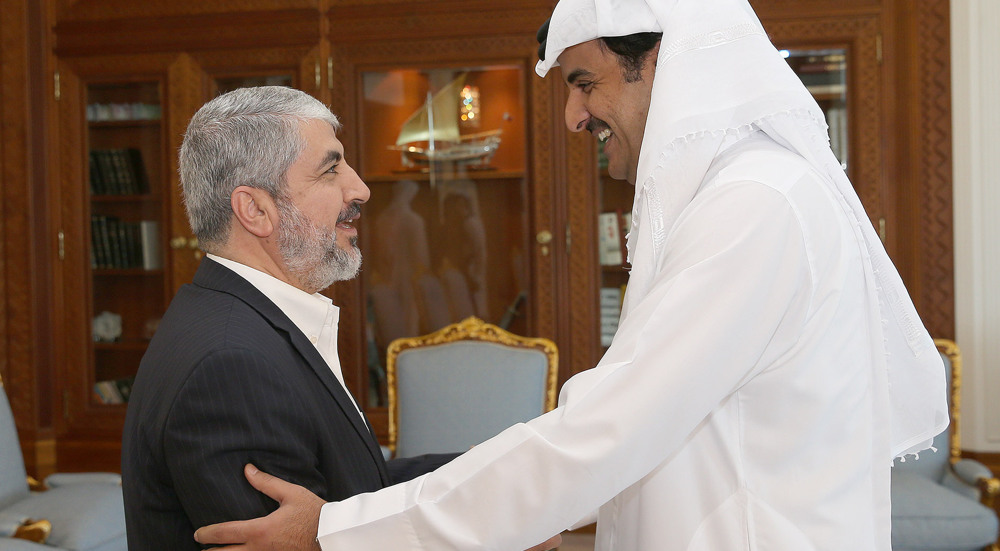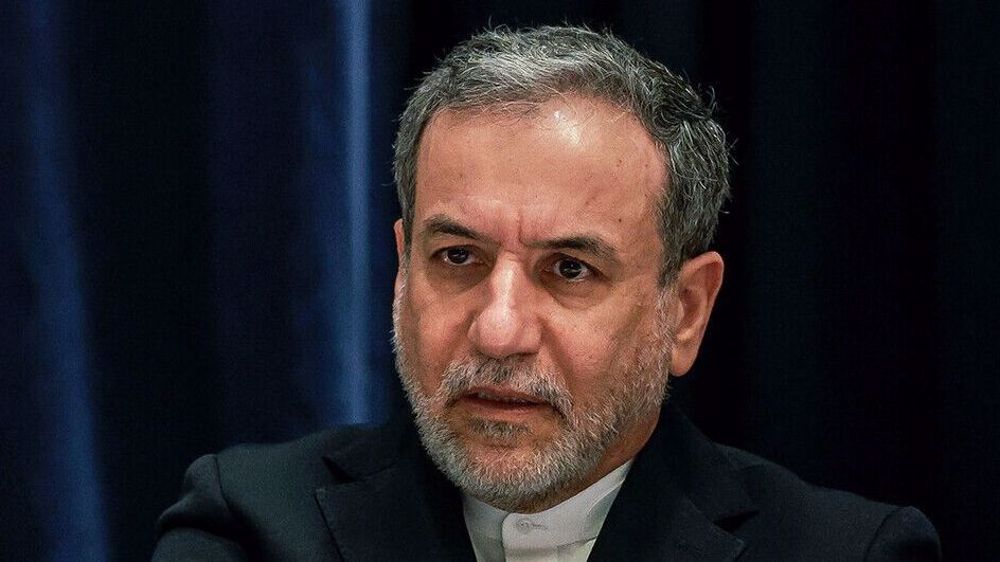Saudi-led bloc FMs to meet in Cairo over Qatar’s response to demands
Foreign ministers from the Saudi-led quartet involved in a diplomatic spat with Qatar are set to meet in the Egyptian capital, Cairo, to discuss Doha’s response to their demands put forward as a prerequisite to end the standoff.
The meeting is scheduled to begin later on Wednesday, with a press conference coming afterwards.
Last month, Saudi Arabia, the United Arab Emirates, Bahrain and Egypt imposed a trade and diplomatic embargo on Qatar, accusing Doha of supporting terrorism.
They presented Qatar with a list of 13 wide-ranging demands and gave it an ultimatum to comply with them or face unspecified consequences.
The demands include shutting down the broadcaster Al Jazeera, removing Turkish troops from Qatar’s soil, scaling back cooperation with Iran and ending ties with Egypt’s Muslim Brotherhood movement.
On Monday, Qatari Foreign Minister Sheikh Mohammed bin Abdulrahman Al Thani handed an official response to Kuwait, which is mediating in the row, but its contents have not been disclosed.

In a joint statement early on Wednesday, Saudi Arabia, the UAE, Bahrain and Egypt said they have “received the Qatari response via Kuwait,” adding that Doha will get “a reply in due time,” the Saudi News Agency reported.
Sheikh Mohammed also told a press conference with his German counterpart, Sigmar Gabriel, that the list of demands “is unrealistic and is not actionable” and denounced the “unjust siege.”
“It’s not about terrorism, it’s talking about shutting down the freedom of speech,” he said, adding that Doha is committed to “fighting terrorism.”
Read more:
Separately on Wednesday, Emirati Foreign Minister Sheikh Abdullah Bin Zayed Al Nahyan once again urged Qatar to stop its alleged funding of terrorism.
He stressed that the decision of the Saudi-led bloc to boycott Qatar came after years of patience.
If Doha does not accept the 13 demands, the bloc will take further measures under the framework of international law, Sheikh Abdullah said.
Recently, Emirati Ambassador to Russia Omar Ghobash warned that the boycotters were mulling even more economic pressure on Qatar, including reducing ties with their own trade partners that choose to continue working with Doha.
Read more:
VIDEO | Press TV's news headlines
Iran FM: Response to Israeli aggression 'inevitable'
VIDEO | Iran eases the rules for exporting hand-woven carpets
VIDEO | Intl. Day for the Elimination of Violence against Women: A stark reminder of Gaza women
Australia denies ex-Israeli minister Shaked visa
VIDEO | 85% of Yemeni displaced people face daily hunger crisis
US House passes bill targeting charities and pro-Palestine groups
VIDEO | Supporting Gaza genocide










 This makes it easy to access the Press TV website
This makes it easy to access the Press TV website